What the ACA Supreme Court Case Means To Tax Preparers

On Wednesday, March 4, the US Supreme Court will hear oral arguments in the case of King v. Burwell, a challenge to the Patient Protection and Affordable Care Act (ACA). Unlike many of the cases to come before the high court, this is not a question of constitutionality but rather an interpretation of the intent of Congress when it passed the healthcare legislation in 2010.
The case hinges on the meaning of six words that define whether taxpayers enrolled in state healthcare exchanges may lose their tax subsidies -- the line that refers to subsidies flowing through "an Exchange established by the State." If the Court rules in favor of the plaintiffs, millions of Americans in 33 states could lose the tax subsidies they need to pay for their health care under the ACA.
In the weeks leading up to this date, much attention has been paid to the damage this could wreak on implementation of the ACA, stirring predictions concerning the impact on the poorest Americans, the potential for a voter backlash, and, ultimately, the way each of the nine justices will vote.
Here’s what tax preparers need to know about this case:
- There won’t be any decision on Wednesday. Oral arguments are part of the process of the Court in which each side gets 30 minutes to outline and argue their position. The actual decision won’t be released until later in the year, perhaps as late as July.
- It could require millions of Americans to amend their tax returns. Should the decision come after the end of tax season and rule against the current ACA, tax preparers could be scrambling to assist their clients in figuring out what the impact is for each, and whether additional taxes are due. Even should the Administration convince Congress to alter the language of the bill or provide alternative funding, a review of returns with an eye toward amendments will mean an extension of the tax season for many preparers.
- We do not yet know how many taxpayers will be affected. Estimates range from a low of five million to a high of 11 million, but these numbers are uncertain at best.
- It’s not just 2015 that will be affected. Faced with possible additional payments they cannot afford, some taxpayers will choose to simply ignore the situation this year – setting up additional preparation work next year and even the year after.
Given the uncertainties involved, tax preparers can best serve their clients by taking three actions:
- Keep informed. The fate of ACA subsidies may shift at any time, and tax preparers need to stay abreast of these changes. For general advice and background, preparers are encouraged to use the Drake Software ACA information, knowledge base information, and other reference materials. In addition, the Internal Revenue Service offers its own ACA reference materials. For more immediate news follow ACA postings on the Taxing Subjects blog.
- Begin informing clients now. Any client that has used subsidies for their ACA health care should be made aware of the pending court decision and the possibility for the need to amend their taxes later in the year.
- Reassure clients that you will continue to work on their behalf. Many clients may not even be aware of the changes that could occur long after they have filed their taxes and collected any refunds due. These clients will need to know that you will be available after April 15 to perform additional work on their returns.
The challenge to the ACA subsidies before the US Supreme Court may not materialize, but if it does, it behooves tax preparers to have knowledge of the topic and a game plan for assisting clients through the changes that may occur.
[Update: Oral arguments were presented on March 4, and the questions that followed gave no real indication of how the court will rule on the latest challenge to the Affordable Case Act, but they did reveal a court sharply divided along ideological lines. The unknown factor is Chief Justice John Roberts, who was silent and gave no indication of his position. This will set up weeks or months of speculation, with both sides claiming the high court favors their position. More information will be available on TaxingSubjects as it becomes available.]



